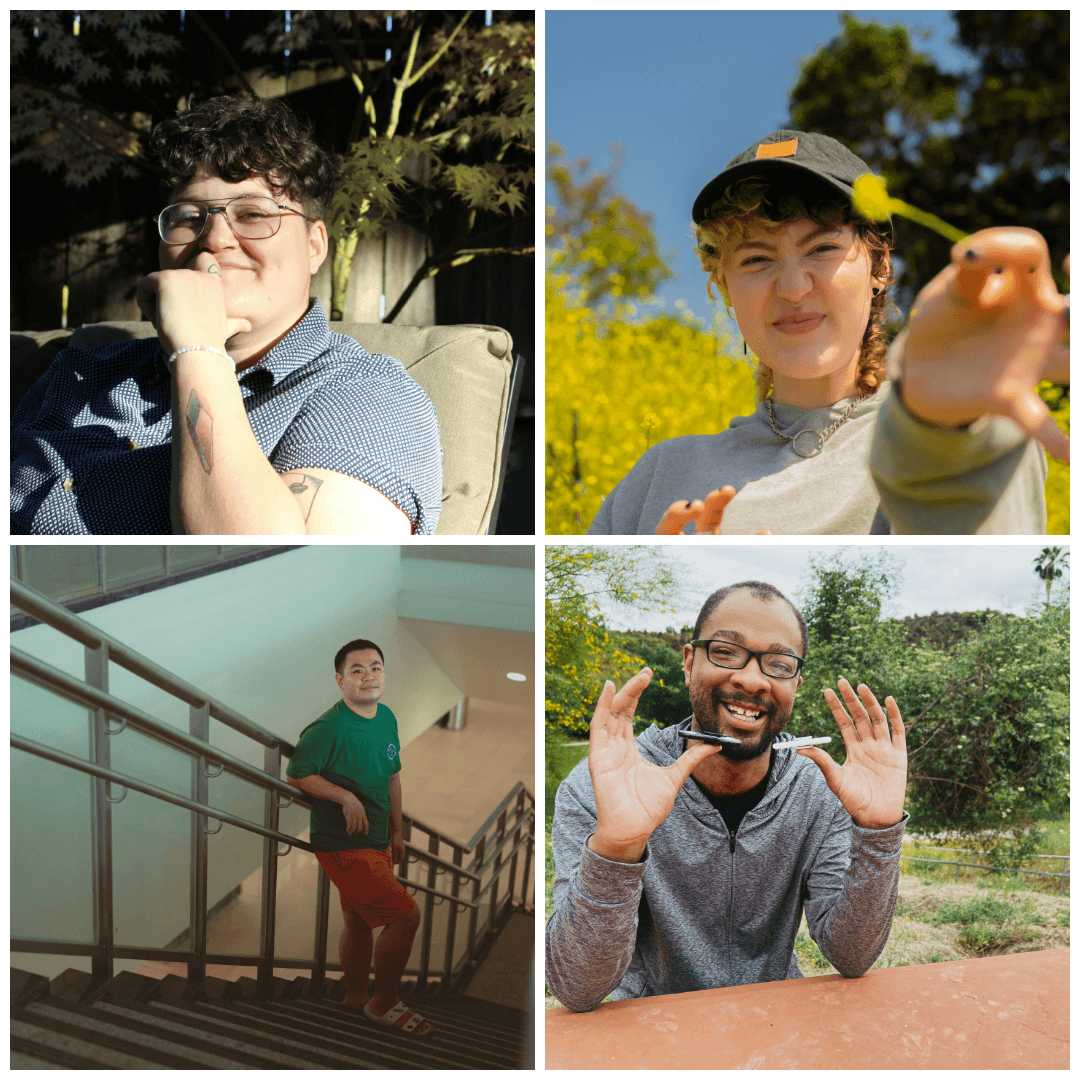
April is Autism Awareness Month, a month where we come together to raise awareness about autism spectrum disorder (ASD) and encouraging understanding, acceptance, and inclusion for the one in thirty-six children diagnosed each year with autism, and the 500,000 young people with autism who graduate from high school each year, as well as the 2.2% of the adult population who have been diagnosed with autism.
What is Autism Spectrum Disorder?
Autism Spectrum Disorder is a neurological condition that affects how individuals interact with the world around them. People with autism often experience challenges with social communication, behavior, and sensory processing. However, autism is a spectrum, meaning that each person’s experience is unique. Some may have mild challenges, while others may have more significant support needs.
Breaking the Myths: The Truth About Autism
There are many misconceptions about autism. It's essential to challenge these myths and promote accurate information.
- Myth #1: All people with autism are nonverbal.
Fact: While some individuals with autism may have difficulty with verbal communication, many are verbal and can express themselves fluently. Others may use alternative methods of communication, such as sign language or assistive technology. - Myth #2: People with autism lack empathy.
Fact: Individuals with autism may have difficulty understanding social cues, but that doesn’t mean they lack empathy. Many individuals on the spectrum have deep empathy but may show it in different ways. - Myth #3: Autism is caused by bad parenting or childhood vaccinations.
Fact: Autism is a neurological condition with no known single cause, though genetics may play a role. It’s not something parenting can cause or prevent.
The Importance of Awareness
Autism Awareness Month is an opportunity to educate others, but it’s also a time to focus on acceptance. It’s not enough to simply raise awareness—our goal should be to create a society where neurodiverse individuals are understood, accepted, and supported.
Awareness can lead to action. It can inspire schools, workplaces, and communities to make necessary changes that create more inclusive spaces for individuals with autism. This includes providing accommodations, such as sensory-friendly spaces, clear communication, and diverse learning opportunities.
There are many ways you can get involved during Autism Awareness Month and beyond.
- Learn and Share Knowledge – Educate yourself and others about autism. There are many resources available from organizations like the Autism Society of Nebraska, Autism Speaks, Autism Family Network, or other local advocacy groups.
- Support Autism-Friendly Initiatives – Look for businesses, schools, and organizations that offer autism-friendly programs, services, or events. Encourage others to do the same.
- Volunteer or Donate – Many autism-related organizations rely on volunteers and donations to provide resources, programs, and support for individuals on the spectrum.
- Promote Inclusion – Whether at work, in your community, or at school, look for ways to promote inclusion. This can be as simple as ensuring your environment is accessible and welcoming to individuals with autism or advocating for policy changes that promote equality.
A Call to Action
This Autism Awareness Month let’s take concrete steps to foster inclusion, break down barriers, and create a world where everyone can thrive. Together, we can build a more inclusive world where everyone can succeed.
Patricia Cottingham, EdD is the coordinator of Disability Rights Nebraska's Inclusive Education Lay Advocacy Program. Dr. Cottingham has been an advocate for people with Intellectual and Developmental Disabilities since 1995 when she began her career working with an adult provider of community-based services. Prior to that she taught middle school students and non-traditional adults attending a local business school. Her passion is for the inclusion of all people in their communities living, learning, and working together.

